The Soeharto Era: Prabowo's Account Of Peaceful Governance
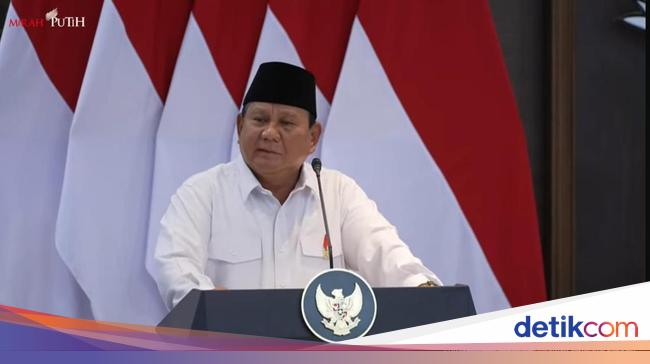
Welcome to your ultimate source for breaking news, trending updates, and in-depth stories from around the world. Whether it's politics, technology, entertainment, sports, or lifestyle, we bring you real-time updates that keep you informed and ahead of the curve.
Our team works tirelessly to ensure you never miss a moment. From the latest developments in global events to the most talked-about topics on social media, our news platform is designed to deliver accurate and timely information, all in one place.
Stay in the know and join thousands of readers who trust us for reliable, up-to-date content. Explore our expertly curated articles and dive deeper into the stories that matter to you. Visit Best Website now and be part of the conversation. Don't miss out on the headlines that shape our world!
Table of Contents
The Soeharto Era: Prabowo's Account of Peaceful Governance – A Contested Narrative?
The Soeharto era in Indonesia remains a deeply divisive period in the nation's history. While often lauded for its economic growth under the New Order regime, the period is also heavily criticized for its human rights abuses and authoritarian practices. Recently, Indonesian Defense Minister Prabowo Subianto, a former son-in-law of Soeharto, has offered a perspective on this era emphasizing "peaceful governance." However, this narrative is far from universally accepted, sparking ongoing debate and highlighting the complexities of Indonesia's past.
This article delves into Prabowo's account, examining its key claims and comparing them to established historical accounts and documented evidence. We'll explore the challenges of interpreting this pivotal period and the ongoing efforts to achieve a more complete and nuanced understanding of the Soeharto years.
Prabowo's Perspective: Stability and Development
Prabowo's portrayal of the Soeharto era often focuses on the period's economic achievements and the maintenance of relative stability. He emphasizes the infrastructure development, economic growth, and the suppression of communist influence as key positive aspects. His narrative often downplays or omits the widespread human rights violations, the suppression of political dissent, and the systematic cronyism that characterized the regime.
This selective focus is not surprising, given Prabowo's close familial ties to Soeharto and his own political career. Understanding his perspective requires acknowledging this inherent bias. However, simply dismissing his account entirely would be an oversimplification. It's crucial to analyze his claims within the broader historical context.
The Counter-Narrative: Authoritarianism and Human Rights Abuses
The prevailing historical consensus paints a far less rosy picture of the Soeharto era. Numerous reports, academic studies, and eyewitness accounts document widespread human rights abuses, including the killings of suspected communists and political opponents during the 1965-66 mass killings, [link to relevant academic source or human rights report]. These events remain a deeply sensitive and controversial topic in Indonesia.
Furthermore, the Soeharto regime's authoritarian practices stifled political dissent, curtailed freedom of speech, and concentrated power in the hands of a select few. The economic growth, while undeniable, was often achieved at the expense of social justice and environmental sustainability. The concentration of wealth and resources in the hands of Soeharto's family and cronies led to widespread inequality and resentment.
Reconciling Conflicting Narratives: The Importance of Critical Analysis
The conflicting narratives surrounding the Soeharto era highlight the challenges of historical interpretation. Prabowo's account, while offering a specific viewpoint, needs to be critically examined alongside the overwhelming evidence of human rights abuses and authoritarianism.
It's crucial to engage with diverse perspectives and utilize a range of primary and secondary sources to build a more comprehensive understanding. This includes:
- Examining official government documents: Accessing archives and official records can provide valuable insights into the decision-making processes and policies of the Soeharto regime.
- Analyzing eyewitness accounts: Gathering and analyzing testimonies from individuals who lived through this era provides crucial firsthand accounts.
- Consulting academic research: Relying on peer-reviewed studies and scholarly publications ensures a rigorous and evidence-based understanding.
Moving Forward: Towards a More Complete Understanding
The ongoing debate surrounding the Soeharto era is vital for Indonesia's national reconciliation and future development. A comprehensive and nuanced understanding of this period is essential for preventing the recurrence of past mistakes and building a more just and democratic society.
Further research and open dialogue are necessary to reconcile conflicting narratives and arrive at a more complete and accurate understanding of the Soeharto years. Ignoring or downplaying the atrocities committed under the regime would be a disservice to the victims and a hindrance to national healing. By acknowledging the complexities of this period, Indonesia can strive towards a future built on truth, reconciliation, and justice.
Call to Action: What are your thoughts on the differing perspectives of the Soeharto era? Share your insights in the comments below.

Thank you for visiting our website, your trusted source for the latest updates and in-depth coverage on The Soeharto Era: Prabowo's Account Of Peaceful Governance. We're committed to keeping you informed with timely and accurate information to meet your curiosity and needs.
If you have any questions, suggestions, or feedback, we'd love to hear from you. Your insights are valuable to us and help us improve to serve you better. Feel free to reach out through our contact page.
Don't forget to bookmark our website and check back regularly for the latest headlines and trending topics. See you next time, and thank you for being part of our growing community!
Featured Posts
-
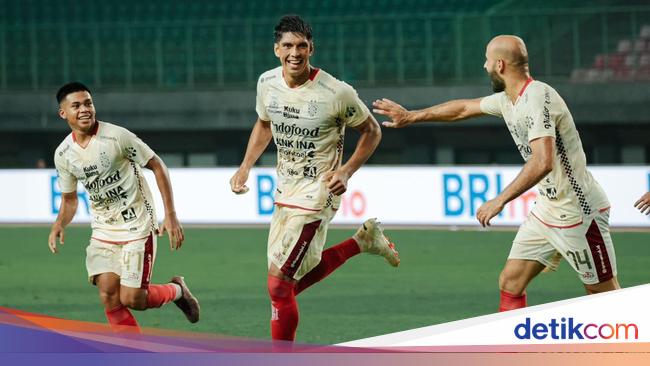 Konfirmasi Transfer Bali United Kedatangan Eks Serie A Kepergian Elias Dolah
May 07, 2025
Konfirmasi Transfer Bali United Kedatangan Eks Serie A Kepergian Elias Dolah
May 07, 2025 -
 Buriram Poised For Asean Club Championship Final Can Anyone Stop Them
May 07, 2025
Buriram Poised For Asean Club Championship Final Can Anyone Stop Them
May 07, 2025 -
 Atlanta Uniteds Stalemate With Nashville A Positive Sign
May 07, 2025
Atlanta Uniteds Stalemate With Nashville A Positive Sign
May 07, 2025 -
 Prabowo Subianto On Soeharto A Legacy Of Peaceful Leadership
May 07, 2025
Prabowo Subianto On Soeharto A Legacy Of Peaceful Leadership
May 07, 2025 -
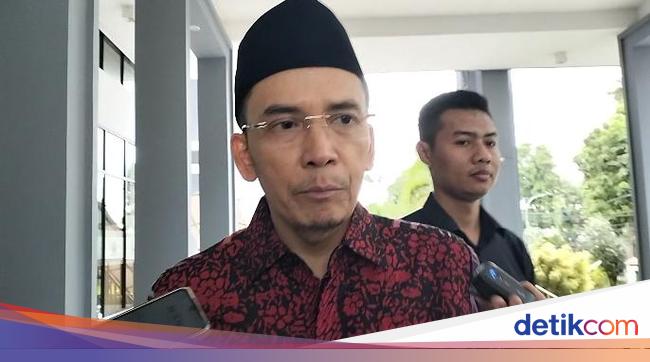 Tgb Dan Dugaan Korupsi Ntb Convention Center Investigasi Mendalam
May 07, 2025
Tgb Dan Dugaan Korupsi Ntb Convention Center Investigasi Mendalam
May 07, 2025
Latest Posts
-
 Drama Korea Spring Of Youth Kisah Idol Yang Memikat Perankan Siapa Saja
May 08, 2025
Drama Korea Spring Of Youth Kisah Idol Yang Memikat Perankan Siapa Saja
May 08, 2025 -
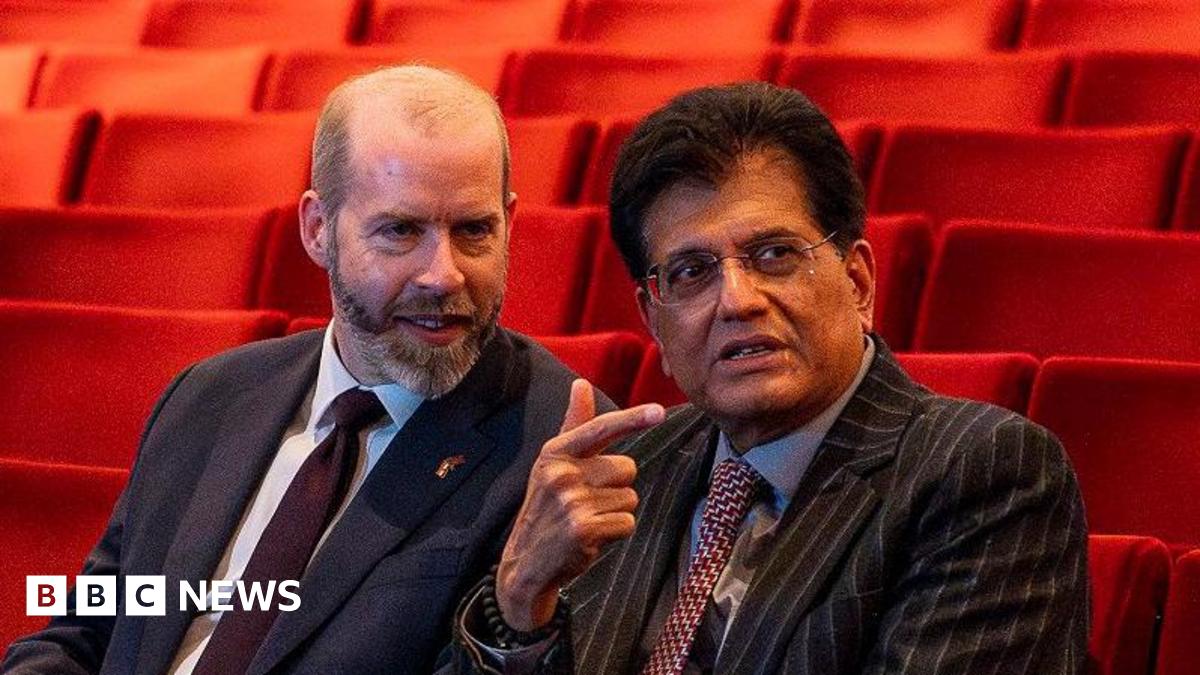 Uk And India Finalize Landmark Trade Deal Key Highlights
May 08, 2025
Uk And India Finalize Landmark Trade Deal Key Highlights
May 08, 2025 -
 Can Bgpu Halt Buriram Uniteds Rise To Regional Football Dominance
May 08, 2025
Can Bgpu Halt Buriram Uniteds Rise To Regional Football Dominance
May 08, 2025 -
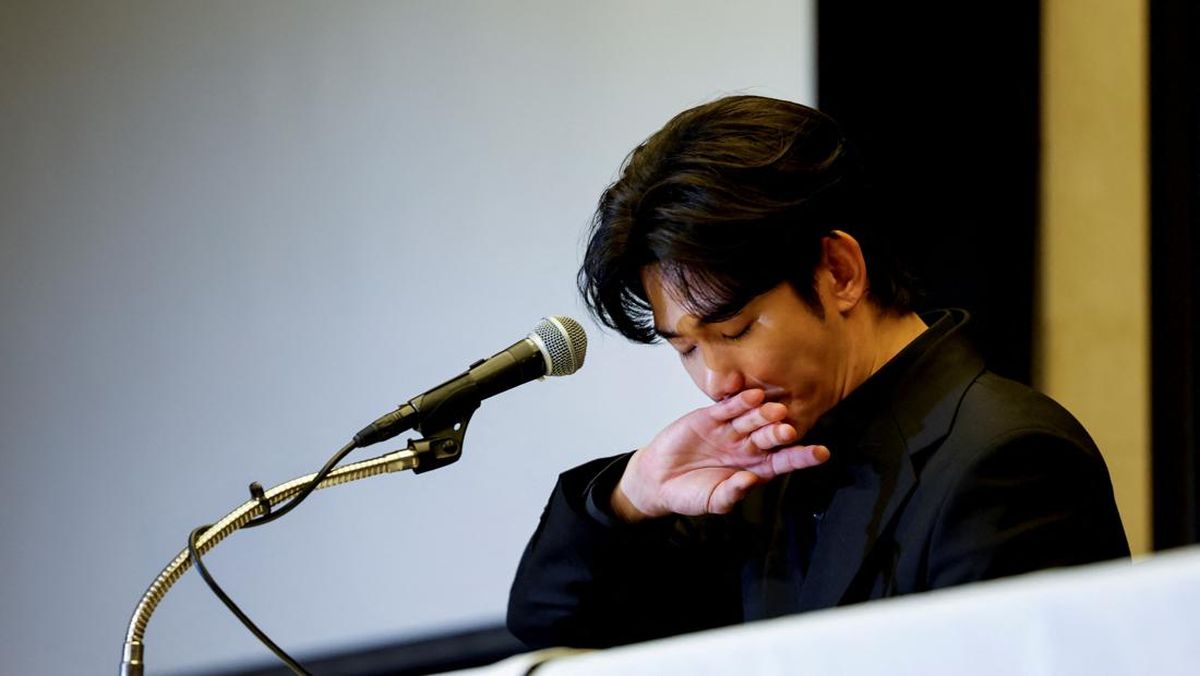 Kim Soo Hyun Digugat Keluarga Sae Ron Kasus Pelanggaran Undang Undang Anak
May 08, 2025
Kim Soo Hyun Digugat Keluarga Sae Ron Kasus Pelanggaran Undang Undang Anak
May 08, 2025 -
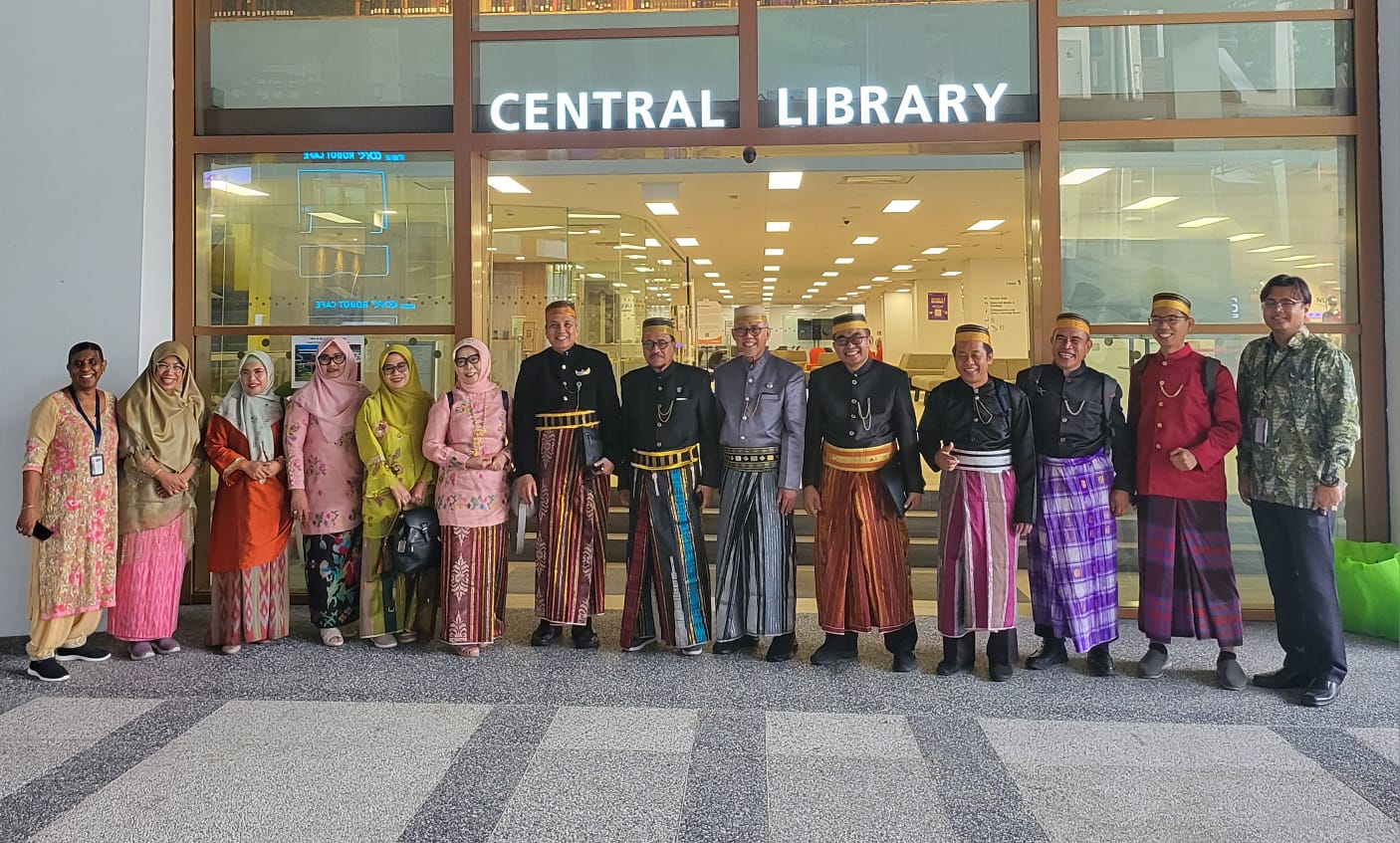 Shared Waters Seminar Internasional Di Singapura Tinjau Sejarah Maritim
May 08, 2025
Shared Waters Seminar Internasional Di Singapura Tinjau Sejarah Maritim
May 08, 2025 -
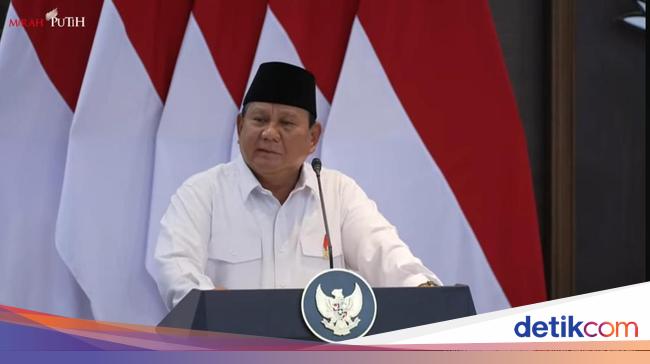 Pernyataan Prabowo Soeharto Dan Penolakannya Terhadap Kuasa Militer
May 08, 2025
Pernyataan Prabowo Soeharto Dan Penolakannya Terhadap Kuasa Militer
May 08, 2025 -
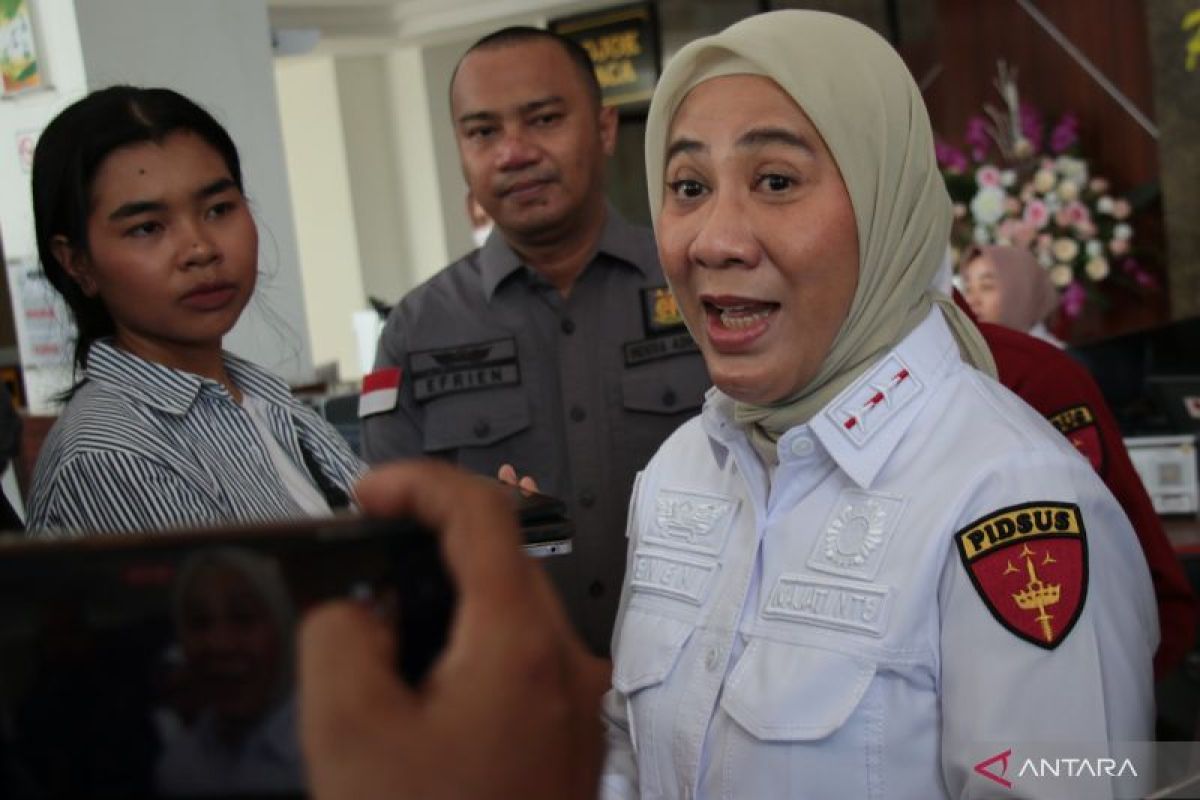 Pemeriksaan Tgb Ungkap Fakta Baru Kasus Ncc Penyidik Temukan Bukti Baru
May 08, 2025
Pemeriksaan Tgb Ungkap Fakta Baru Kasus Ncc Penyidik Temukan Bukti Baru
May 08, 2025 -
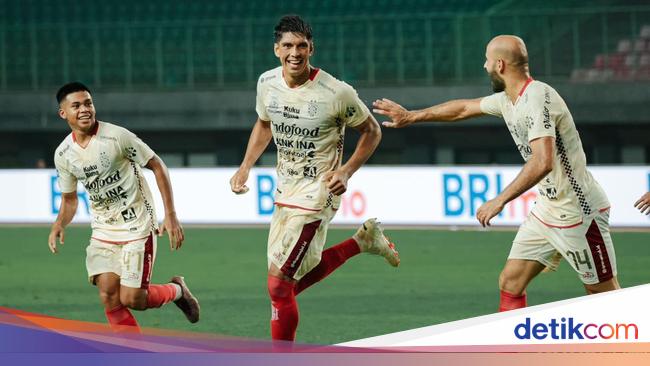 Update Transfer Bali United Kepergian Elias Dolah Dan Kedatangan Bintang Serie A
May 08, 2025
Update Transfer Bali United Kepergian Elias Dolah Dan Kedatangan Bintang Serie A
May 08, 2025 -
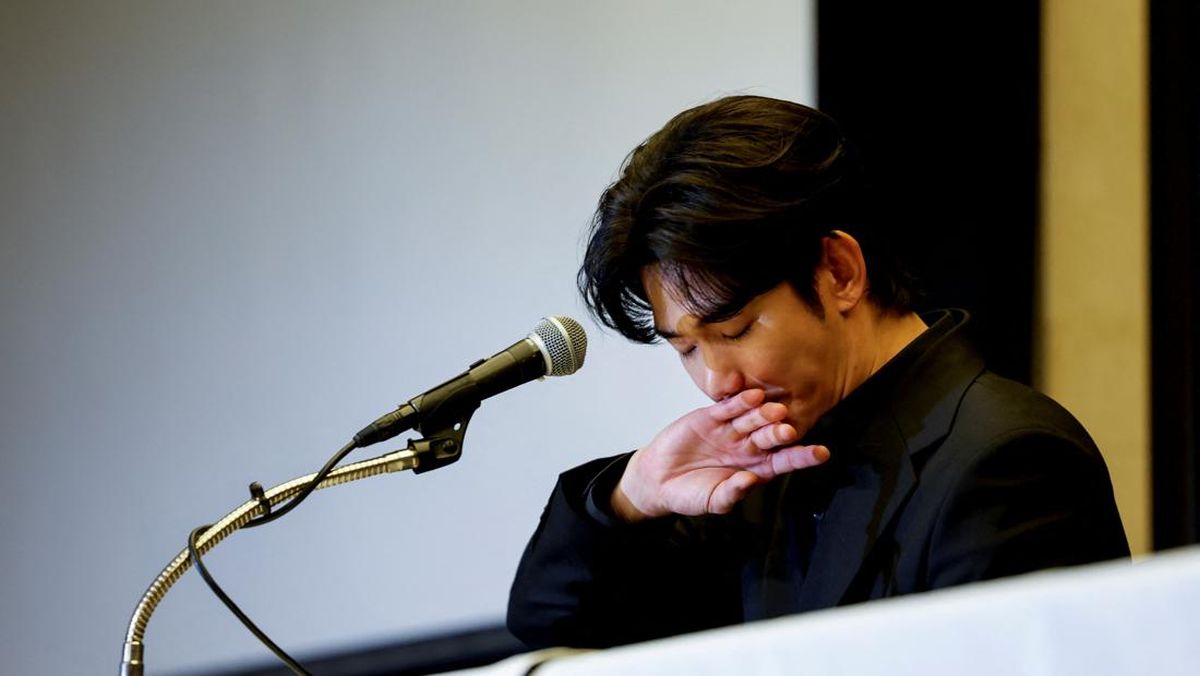 Perseteruan Hukum Keluarga Kim Sae Ron Gugat Aktor Kim Soo Hyun
May 08, 2025
Perseteruan Hukum Keluarga Kim Sae Ron Gugat Aktor Kim Soo Hyun
May 08, 2025 -
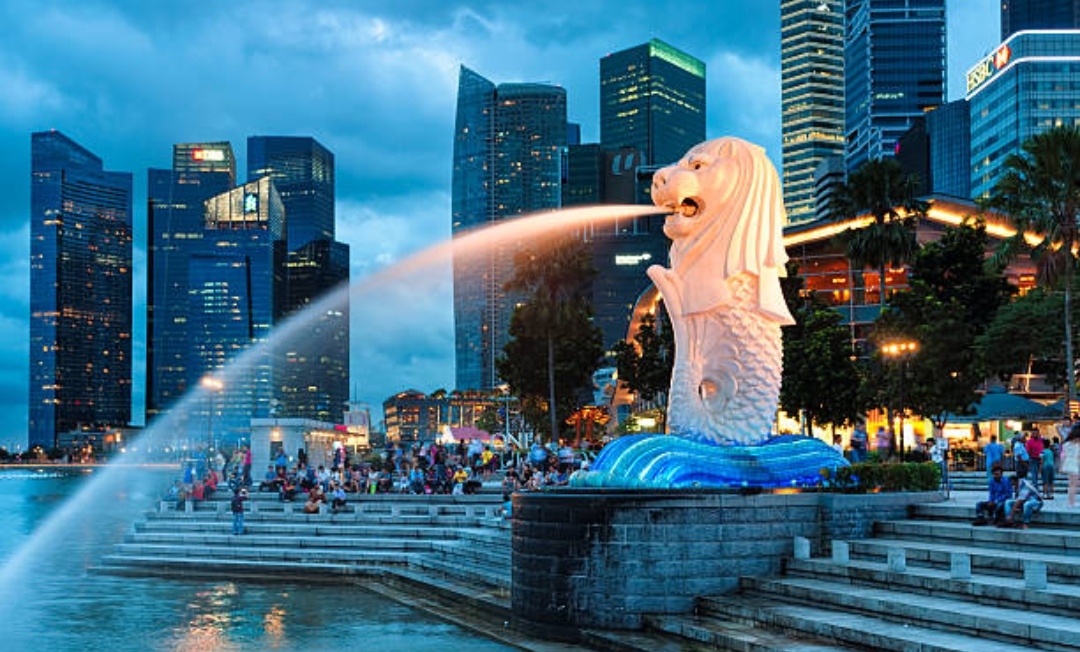 Kehidupan Masyarakat Bugis Sebelum Berdirinya Singapura
May 08, 2025
Kehidupan Masyarakat Bugis Sebelum Berdirinya Singapura
May 08, 2025
